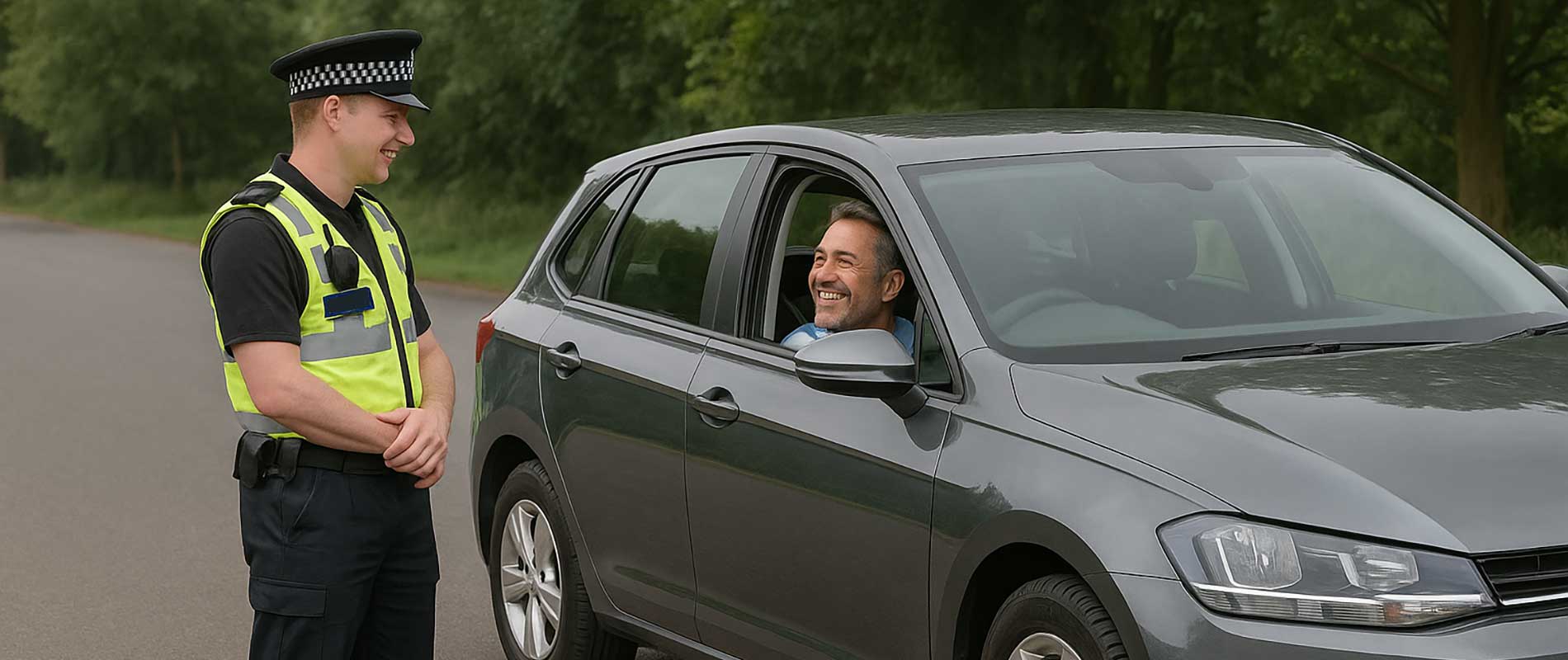Yes; Because a Driving Ban Applies to All Vehicles
When you’re banned from driving, that disqualification covers every vehicle category listed on your licence, not just cars. So if you lose your entitlement to drive a car, you can’t legally drive a van either. The ban applies to your driving licence as a whole, not to specific vehicle types. Until the disqualification ends and your licence is reinstated by the DVLA, you can’t drive any motor vehicle on a public road; car, van, motorbike, or otherwise.
Once your licence is restored, though, you can insure and drive a van again. You’ll just need to be upfront about the ban when applying for cover, as it remains part of your driving history for several years.
How a Ban Affects Van Insurance Applications
Insurers don’t separate car and van history when assessing risk. A driving ban of any kind appears on your record and must be declared. Most bans result from offences such as drink-driving, dangerous driving, or totting up too many points. These convictions stay on your licence for between four and eleven years, depending on the offence, and insurers use that information to calculate your premium.
Even if your offence happened while driving a car, insurers see it as relevant to van use. They view it as a general indicator of risk, not limited to a particular vehicle. That’s why you might face higher van insurance premiums for a few years after a car-related ban.
When You Can Drive a Van Again
After your ban ends, you can apply for your licence back; either automatically or by reapplying to the DVLA, depending on the length of disqualification. Once your entitlement is restored, you can legally insure and drive a van. But you’ll need to declare your conviction and the date your ban ended when you request quotes. Insurers will want to know:
- The conviction code (for example, DR10 for drink-driving)
- The date the ban started and finished
- Whether you’ve completed any rehabilitation or awareness courses
It’s best to have this information ready before approaching insurers or brokers. It saves time and helps them find realistic options for you.
Finding a Policy That Works for You
Mainstream van insurers may decline applications from recently banned drivers, but there’s a strong specialist market for convicted drivers; including van owners. These insurers assess cases individually and often use common sense rather than blanket rules. If your offence was a one-off and you’ve had a clean record since, they’ll take that into account.
Specialist brokers can also offer flexible cover, such as short-term van insurance or policies designed for tradespeople returning to work after a ban. The prices are higher at first, but they improve with time and consistent, safe driving.
What You Can Do to Lower Costs
Getting van insurance after a ban can feel daunting, but you can take steps to make it more affordable:
- Pick a smaller or lower-powered van. Vehicles in lower insurance groups cost less to cover.
- Keep mileage reasonable. Lower use means lower risk.
- Install security features. Alarms, immobilisers, and trackers reduce theft risk and premiums.
- Pay annually. Monthly instalments carry finance charges that increase total cost.
- Stay clean. Each year without further incidents will help bring your premiums back to normal levels.
Small, steady improvements show insurers that the ban was a turning point, not a pattern.
Turning the Page After a Ban
Yes, a car driving ban affects van insurance; but it doesn’t stop you from starting fresh once the disqualification ends. The conviction will follow you for a while, but it fades with time, good driving, and honesty when you apply. With patience, you can rebuild your record and eventually pay ordinary premiums again. Think of the process as part of regaining your independence: one step, one policy, one clean renewal at a time.

